All, I am trying to figure out how does lambda expression works in the complied time also in the run time. Say you have the source code like below.

Currently, I tried to quick watch the variable. But unfortunately. Can not make it to view the source code of the Fun .Is there any other way to view what does actually code the Func<int> ageCalculator run?. Thanks.
Updated
No lucky things in the reflector kind tools. Please see it in the dotPeek. Thanks.
Updated 1
There are more items (Compiled generated class items) displayed in the tree when the option is enabled. But double-clicked these items. Just display the MyTempClass source code no new thing. What does it suppose to display ? Thanks.

